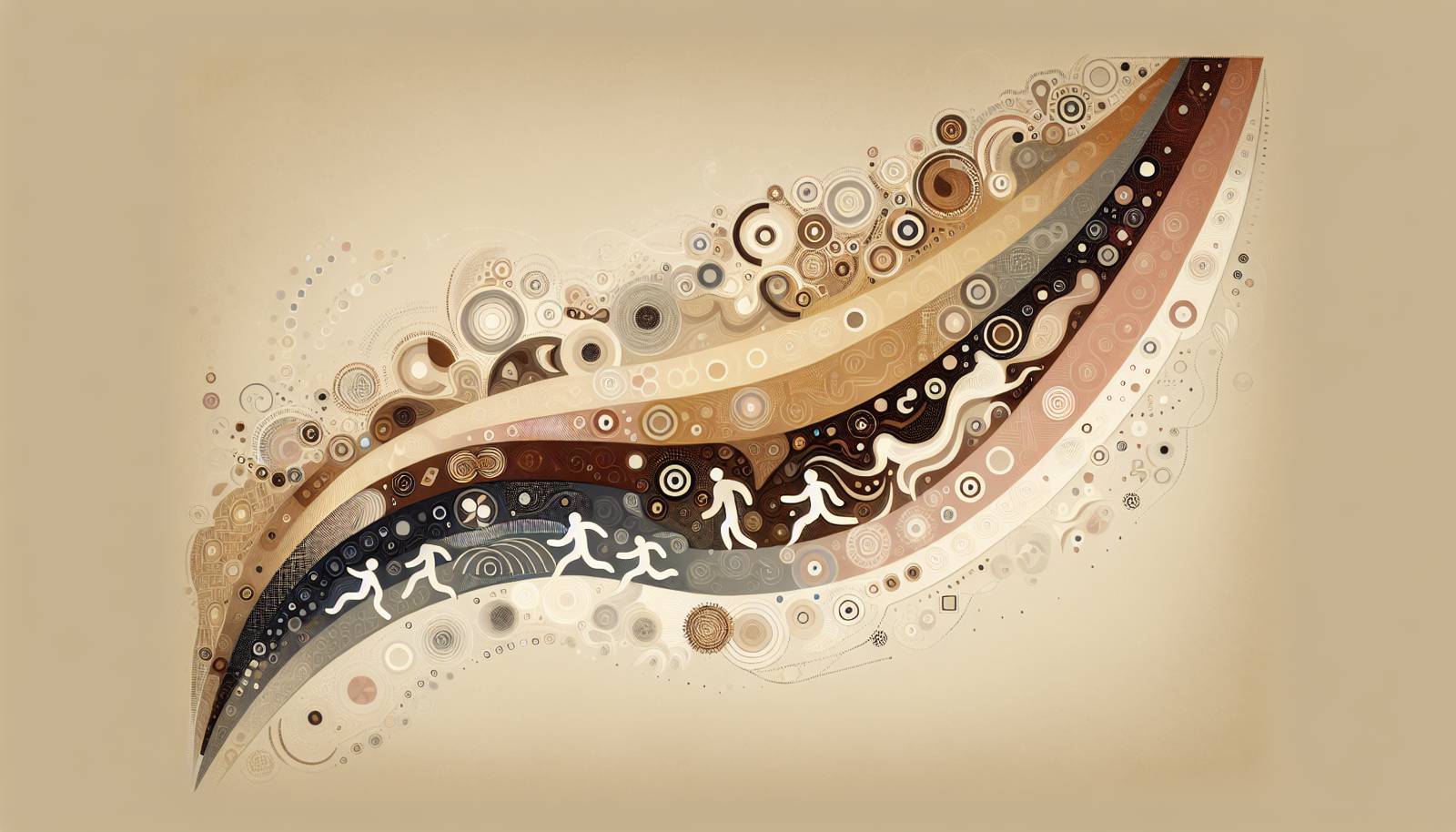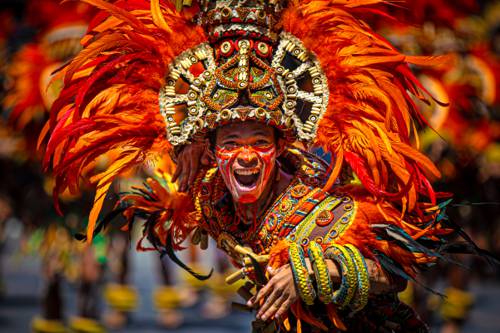
FAQ About The Evolution of Cultural Festivals Globally

What is the significance of cultural festivals?
Cultural festivals play an essential role in celebrating and preserving the heritage and traditions of communities. They offer a space for people to express their identity, foster communal harmony, and engage in cultural exchange. These festivals also serve to educate both participants and onlookers about different cultural norms and practices, promoting understanding and appreciation across diverse communities.

How have cultural festivals evolved over time?
Cultural festivals have evolved significantly over time due to factors such as globalization, technological advancement, and migration. As communities interact and influence each other, festivals incorporate new elements while retaining traditional roots. Today, many cultural festivals feature a blend of local and global themes, showcasing traditional performances alongside contemporary art forms.

Why do cultural festivals often attract tourists?
Cultural festivals attract tourists because they offer a unique glimpse into the traditions, arts, and lifestyle of a community. Tourists are drawn to these events for their vibrant displays of music, dance, food, and customs. Additionally, festivals provide an immersive experience that allows tourists to engage directly with the local culture, creating memorable experiences.

Can cultural festivals contribute to economic growth?
Yes, cultural festivals can significantly contribute to economic growth. They often draw large crowds, including international tourists, boosting local businesses such as hotels, restaurants, and shops. Moreover, festivals can create jobs and promote the cultural industry by showcasing local artisans, performers, and vendors.

What role does technology play in the evolution of cultural festivals?
Technology plays a crucial role in the evolution of cultural festivals by enhancing organization, promotion, and participation. It enables organizers to reach a global audience through social media and online platforms, live stream events for remote participation, and utilize multimedia elements to enrich the festival experience. Furthermore, technology facilitates the preservation and sharing of cultural heritage.

How do cultural festivals promote cultural exchange?
Cultural festivals promote cultural exchange by providing a platform for diverse cultural expressions and interactions. Participants and attendees from different cultural backgrounds come together to share their traditions, stories, and practices, fostering mutual appreciation and respect. This exchange helps break down stereotypes and build cross-cultural understanding and friendships.

What impact does globalization have on cultural festivals?
Globalization has both positive and negative impacts on cultural festivals. It enables cultural exchange and access to a wider audience, enhancing the visibility of cultural traditions worldwide. However, globalization can also result in the homogenization of cultural expressions, where unique cultural elements might be diluted to appeal to a broader audience. Successful festivals balance maintaining authentic traditions while incorporating global influences.

Are there any challenges associated with organizing cultural festivals?
Yes, organizing cultural festivals can present several challenges, including securing adequate funding, ensuring cultural sensitivity and authenticity, managing logistics and safety, and drawing sufficient attendance. Additionally, there might be challenges in balancing tradition with modernity and catering to both local participants and international audiences.

How do cultural festivals adapt to changing social norms and values?
Cultural festivals adapt to changing social norms and values by evolving their narratives and activities to reflect contemporary issues and sentiments. Organizers often incorporate modern themes, such as sustainability and inclusivity, into traditional celebrations, ensuring they remain relevant and engaging to newer generations while still honoring their cultural heritage.

What are some examples of globally influential cultural festivals?
Examples of globally influential cultural festivals include the Carnival in Rio de Janeiro, Brazil; Diwali in India; Oktoberfest in Germany; Chinese New Year celebrations worldwide; and Mardi Gras in New Orleans, USA. These festivals attract millions of visitors, significantly impacting cultural tourism and global cultural exchange.

How do cultural festivals impact youth and younger generations?
Cultural festivals positively impact youth and younger generations by connecting them with their cultural heritage and fostering a sense of identity and pride. Participation encourages the learning of traditional skills, arts, and values. Additionally, these festivals provide an opportunity for young people to engage with contemporary issues through cultural expressions, shaping their global and cultural awareness.

What is the role of governments in supporting cultural festivals?
Governments often play a supportive role in cultural festivals by providing funding, logistical support, and policy frameworks to ensure the smooth execution of these events. They may also promote festivals through tourism boards and cultural exchanges, emphasizing the importance of cultural heritage and national identity on both local and international stages.

Why are cultural festivals important for cultural preservation?
Cultural festivals are crucial for cultural preservation as they provide a living platform to practice, perform, and transmit traditions, languages, and arts to future generations. They act as dynamic vehicles for cultural expression, allowing communities to highlight unique aspects of their heritage in an ever-changing world.

How do cultural festivals address issues of inclusivity and diversity?
Cultural festivals address issues of inclusivity and diversity by increasingly showcasing multicultural influences and encouraging participation from a variety of communities. They emphasize universal themes such as peace, unity, and respect for diversity, making them accessible and inviting for both minority groups and the general public. By doing so, festivals help foster an inclusive atmosphere that honors a wide array of cultural narratives.

Can cultural festivals change over time?
Yes, cultural festivals naturally change over time as they adapt to shifting cultural landscapes, technological advancements, and audience expectations. What remains constant is their core purpose of celebrating cultural identity and fostering community engagement, even as formats, themes, and practices evolve.

What are some misconceptions about cultural festivals?
Common misconceptions about cultural festivals include the belief that they are solely for entertainment or tourism. In reality, these events are deeply significant cultural practices that celebrate and preserve heritage, facilitate community bonding, and engage in educational exchange. Additionally, some people think cultural festivals remain unchanged; however, they often adapt dynamically to reflect contemporary cultural shifts.

How do cultural festivals help in bridging cultural gaps?
Cultural festivals help bridge cultural gaps by fostering environments in which people from different backgrounds can share and appreciate each other's traditions and customs. This interaction encourages dialogue, decreases prejudices, and increases understanding and empathy among diverse groups, ultimately facilitating harmony in multicultural societies.

What is the role of traditional crafts and performances in cultural festivals?
Traditional crafts and performances play a vital role in cultural festivals by showcasing the artistic and creative heritage of a community. These elements highlight the skills and artistry of artisans and performers, allowing them to display their talents and preserve their craft. Such displays encourage the continuation of traditional practices and education of audiences about cultural significance and history.

Why might some cultural festivals face the risk of extinction?
Some cultural festivals might face the risk of extinction due to factors like globalization, economic constraints, and waning interest among younger generations. As modern influences become dominant, traditional practices may struggle to find relevance, leading to festivals losing participants and funding. Efforts to revitalize and adapt these festivals to contemporary contexts are necessary to ensure their survival.

What impact do cultural festivals have on the environment?
Cultural festivals can have both positive and negative impacts on the environment. On the one hand, large gatherings may lead to increased waste, pollution, and resource consumption. On the other, many festivals are beginning to adopt sustainable practices, such as utilizing eco-friendly materials, promoting waste reduction, and raising awareness about environmental conservation.
